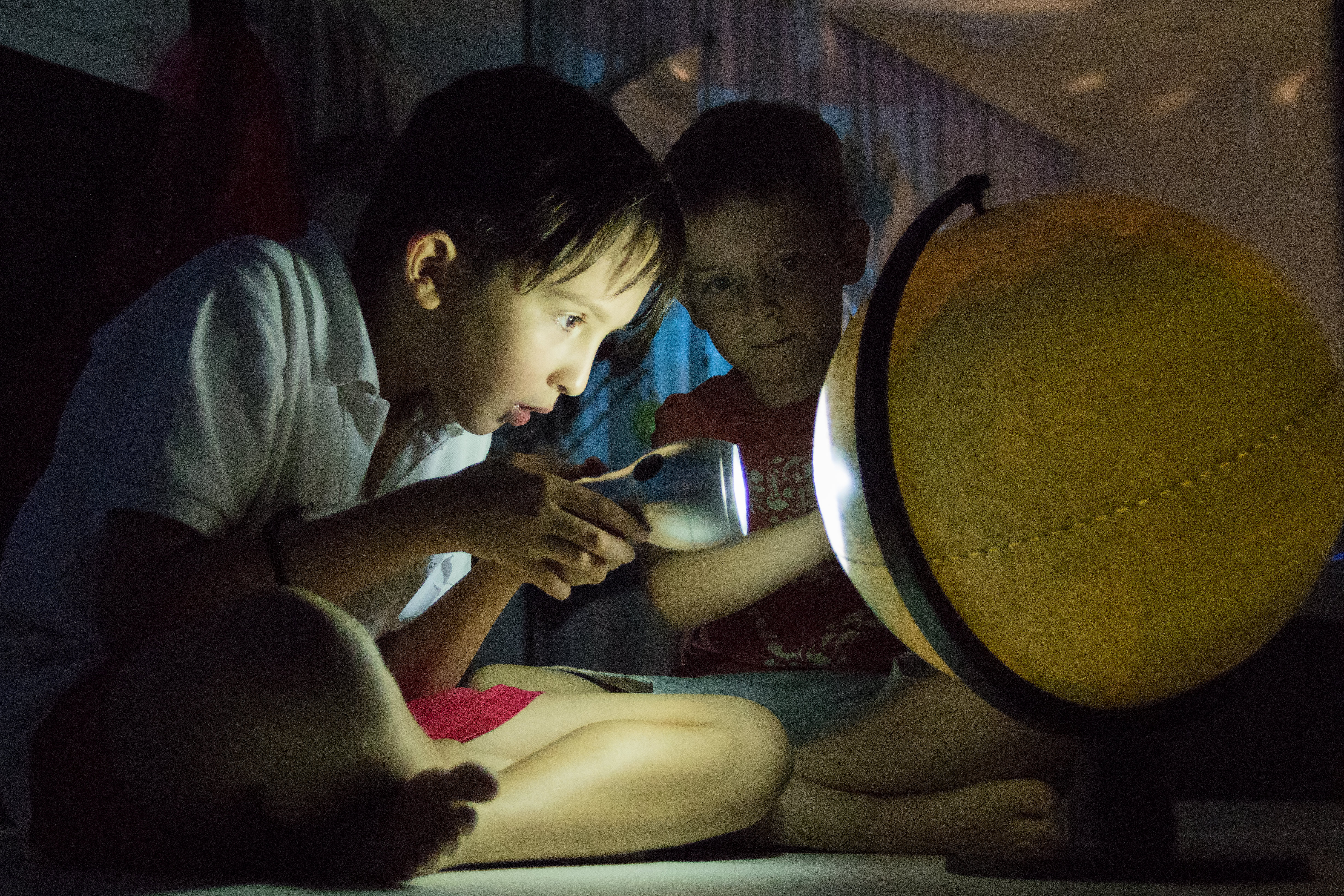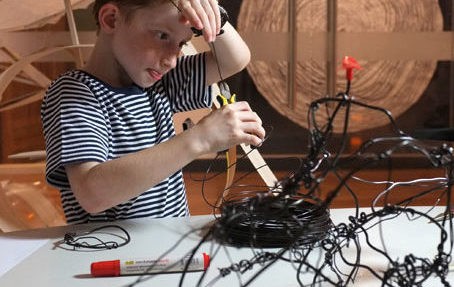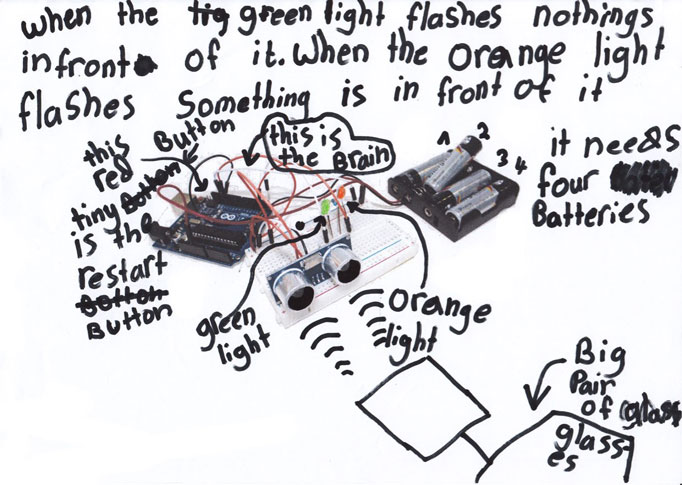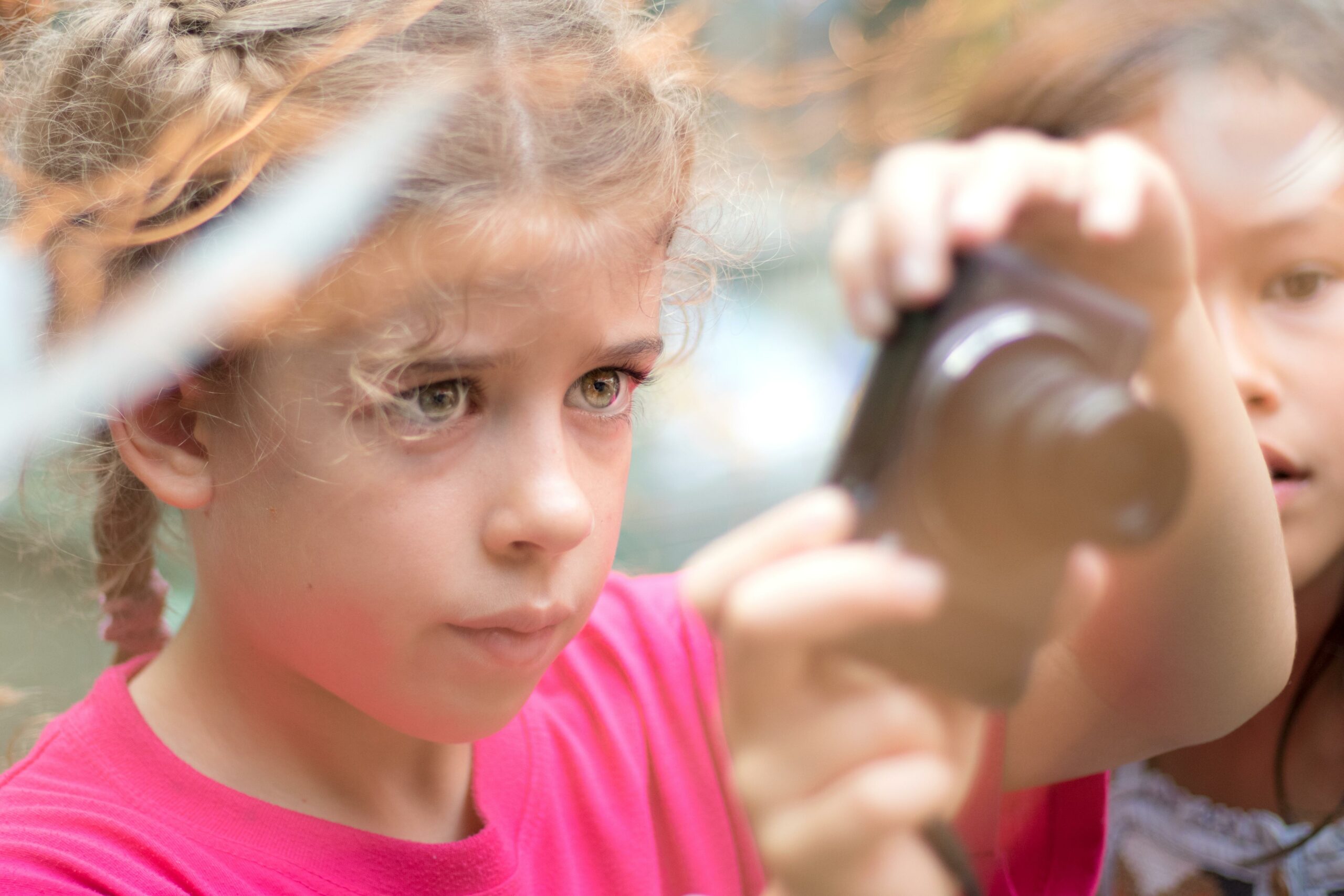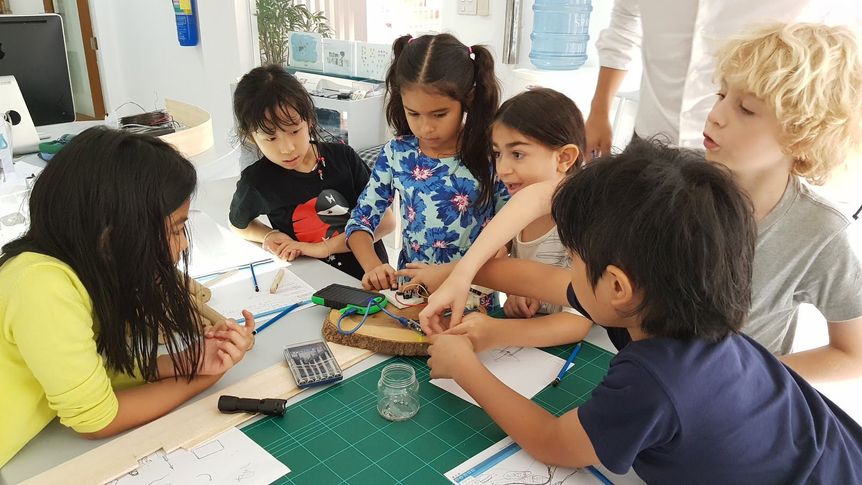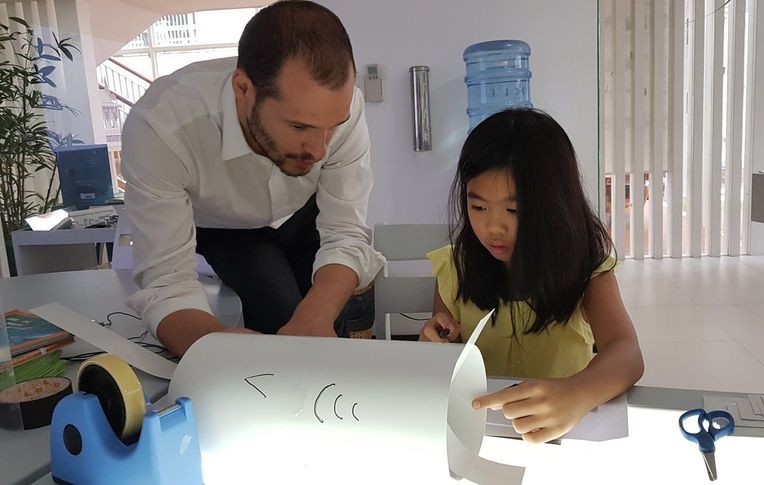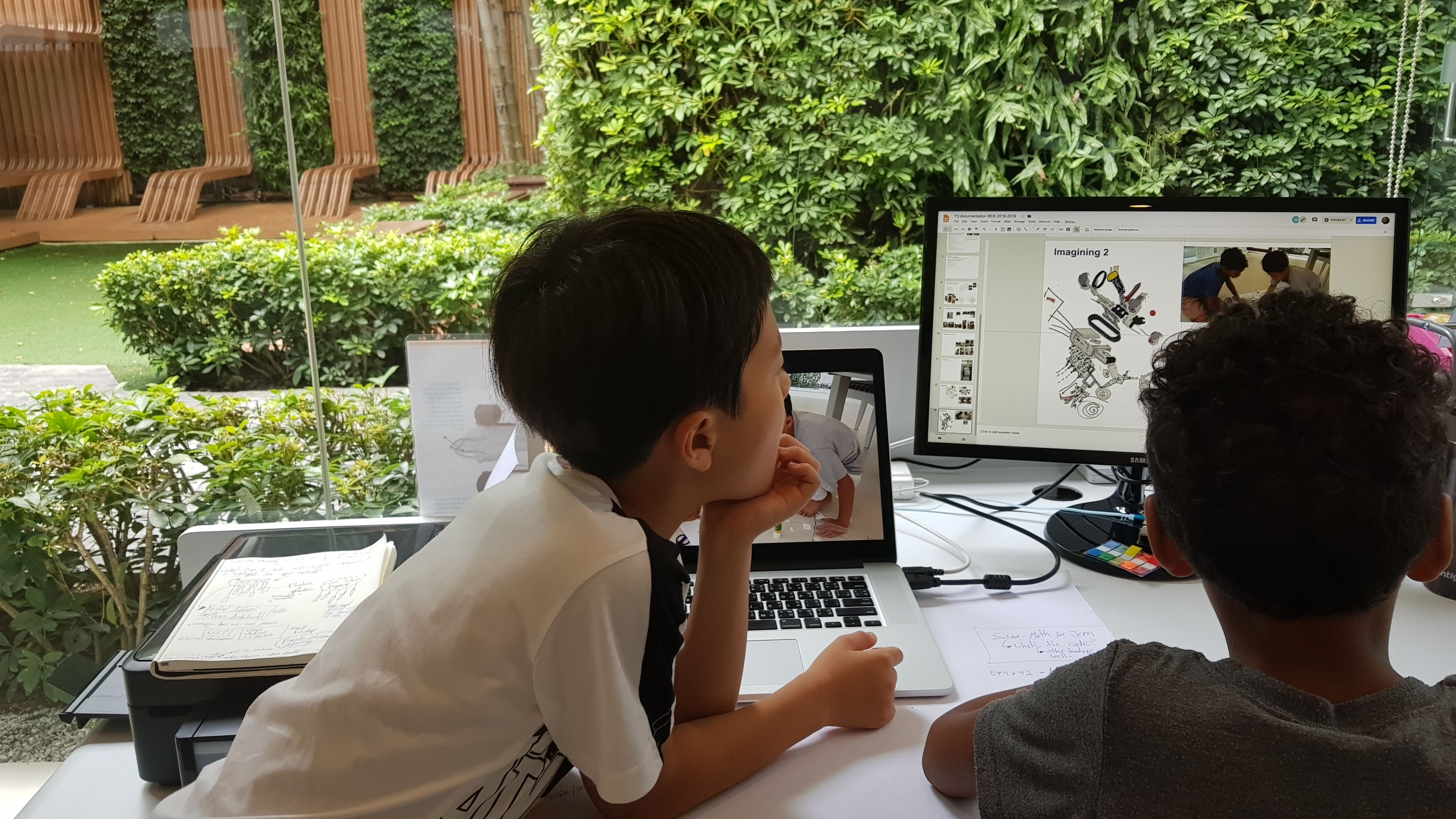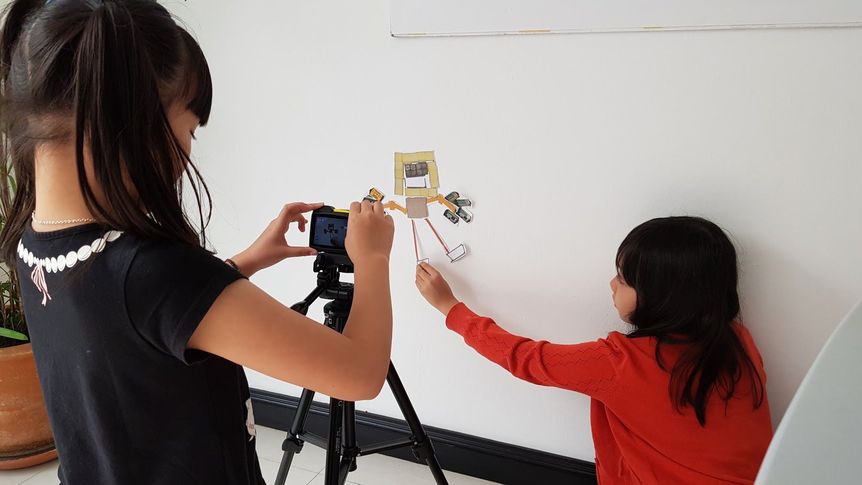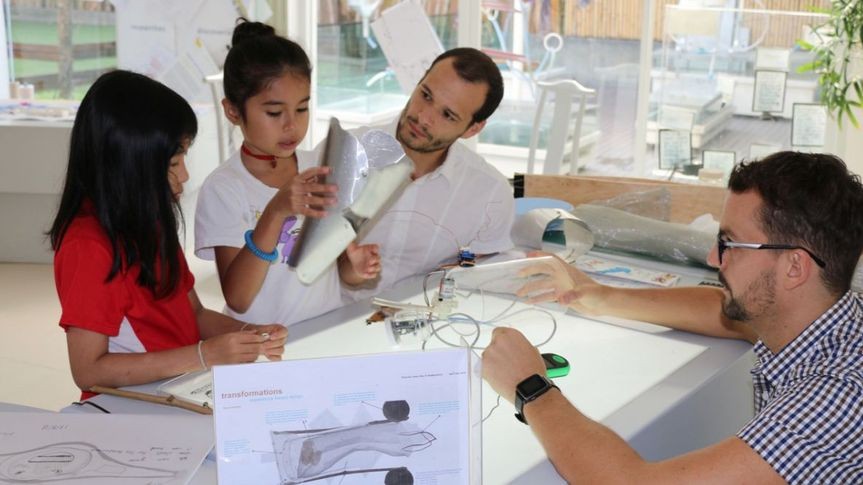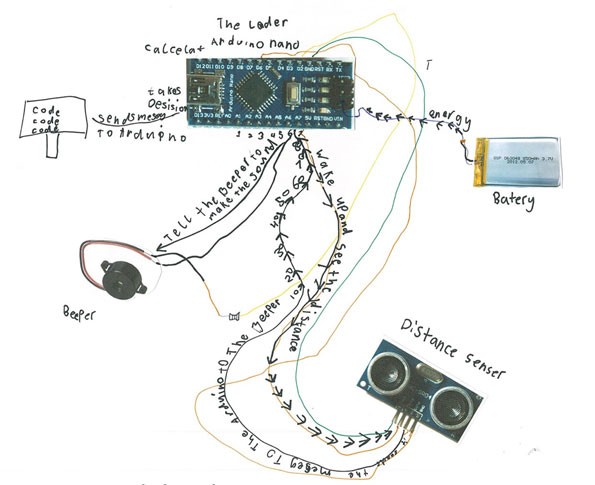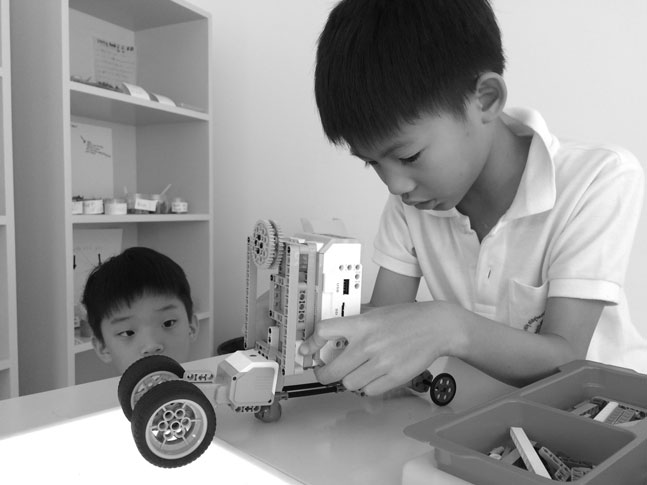curriculum of year 3
Nature and Technology
Year 3 is a time of growth and transition as the children begin to understand themselves more as a learner and build on their intrinsic motivation towards subjects and concepts that bring them joy. Working in a variety of group sizes continues, where the children play a more active role in the questioning, monitoring and clarifying of one another during debate and discussions to encourage critical thinking and active participation. The Year 3 children also take on a leadership role in planning their Project, choosing contemporary topics as the exploration is built upon pertinent topics to them.
Mathematics
Complex measurement | Geometry & Spacial sense | Pattering & Algebra | Data management & Probability
As children’s skills in numeration develop in magnitude to a thousand, they can be challenged to undertake increasingly complex measurement, geometry and spatial sense, patterning & algebra and data management and probability multi-step problems. Learning landscapes of multiplication and division focus on commutative and identity properties of number and the inverse relationship between multiplication and division.
In daily mental math discussions and problem solving lessons, strategies, models and big ideas are discussed and documented. Growth mindset messages continue to support perseverance and striving towards a goal even though they might not be there yet. Project investigations are opportunities to apply learned concepts, such as measurement, to the scale of different trees, relative locations in the forest, dendrochronology and rates of tree growth.
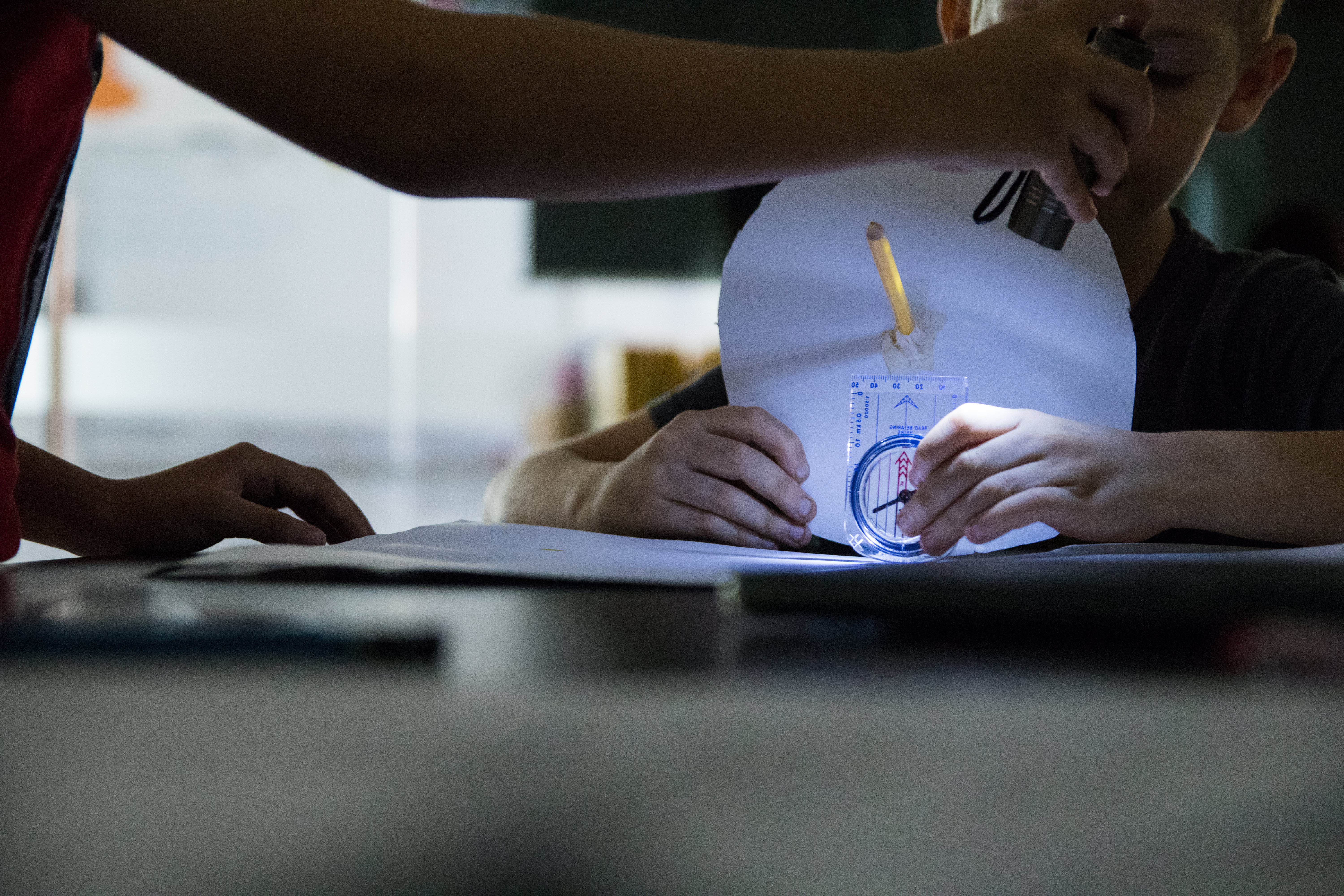
Literacy
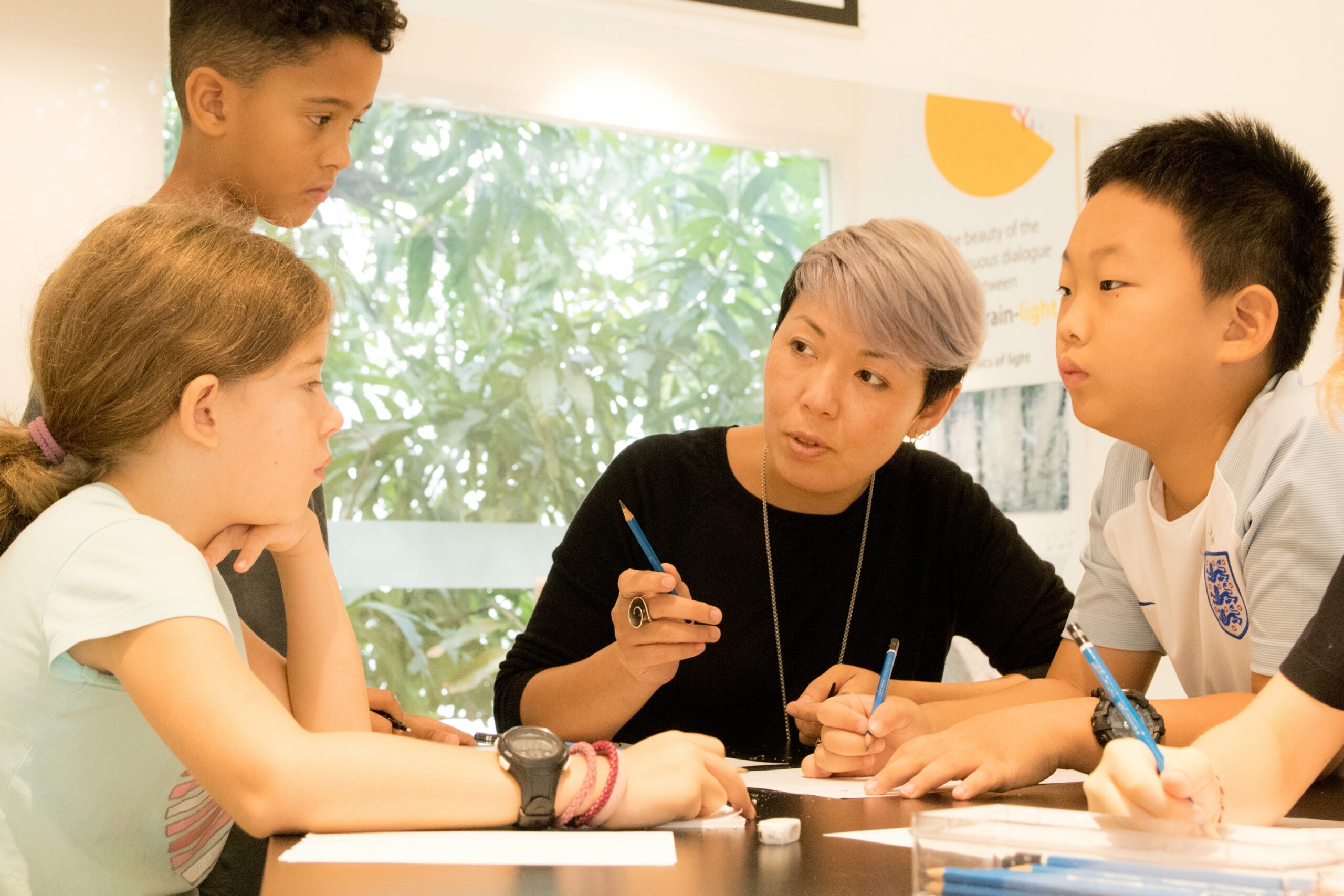
Effective communications | Grammar & Spelling rules
Children on Year 3 read, write, speak and listen daily to grow upon their effectiveness and confidence as communicators. Whole class workshops for reading and writing utilize strategies for thinking when reading and improve crafting techniques for writing, incorporating a multitude of book creation strategies. Children are immersed in our ‘Word Inquiry Programme’ where they consider the structure of the English Language and with a balance of phonology, morphology and etymology, the children question, develop hypotheses and acquire spelling rules that support both accuracy in reading and spelling.
Music
Major world genres | Voice building | Instrument playing
In Year 3 the children are introduced to voice building exercises to develop tone, pitch control, vowel sound and diction. They are introduced to songs from around the world and focus on major musical genres (Jazz/Swing, Rock and Roll and Musical Theatre). Children begin to learn the dimensions of music through playing instruments in both Orff Ensemble and traditional instruments taught in small group classes.
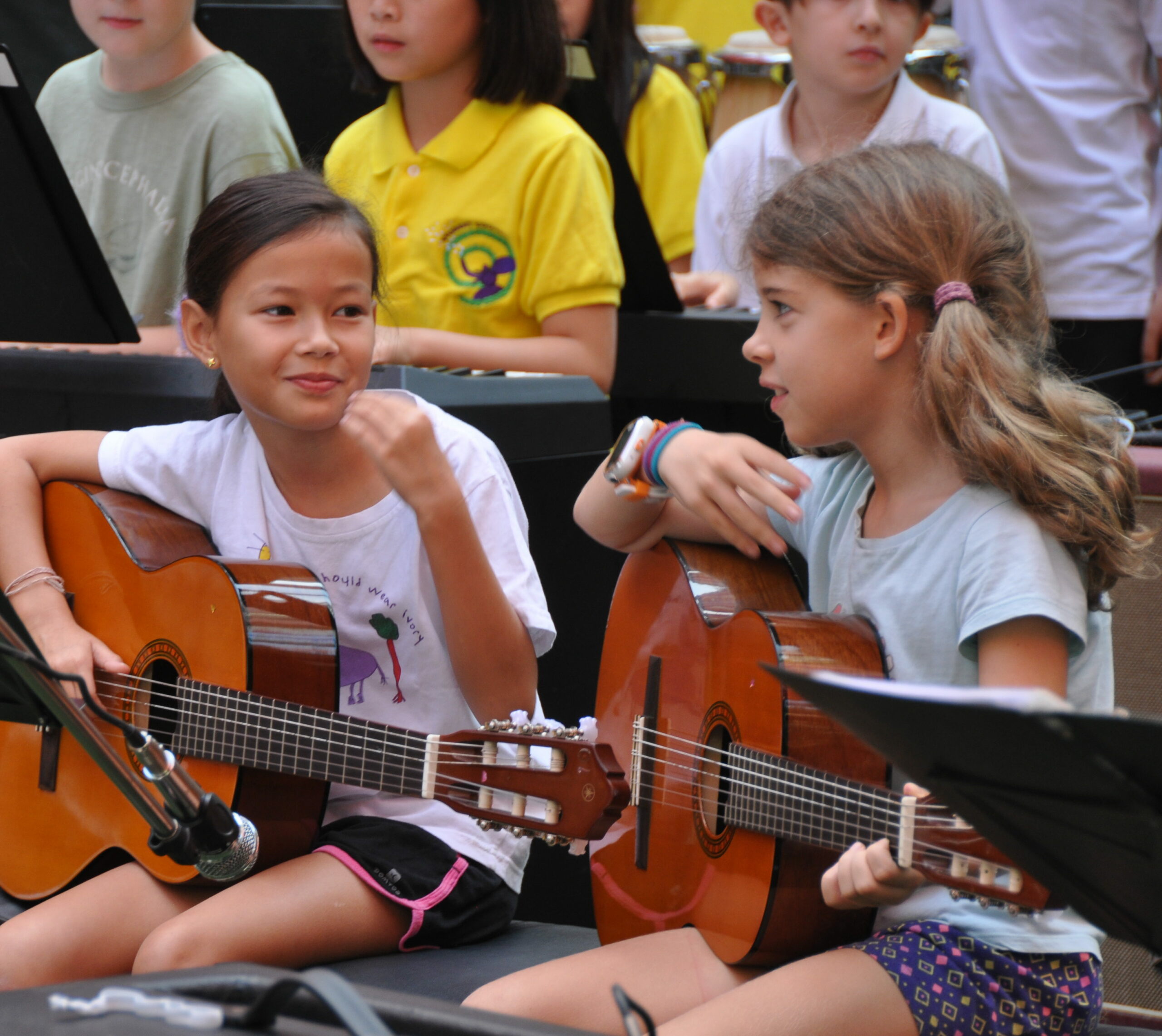
Health and Physical Education (PE)
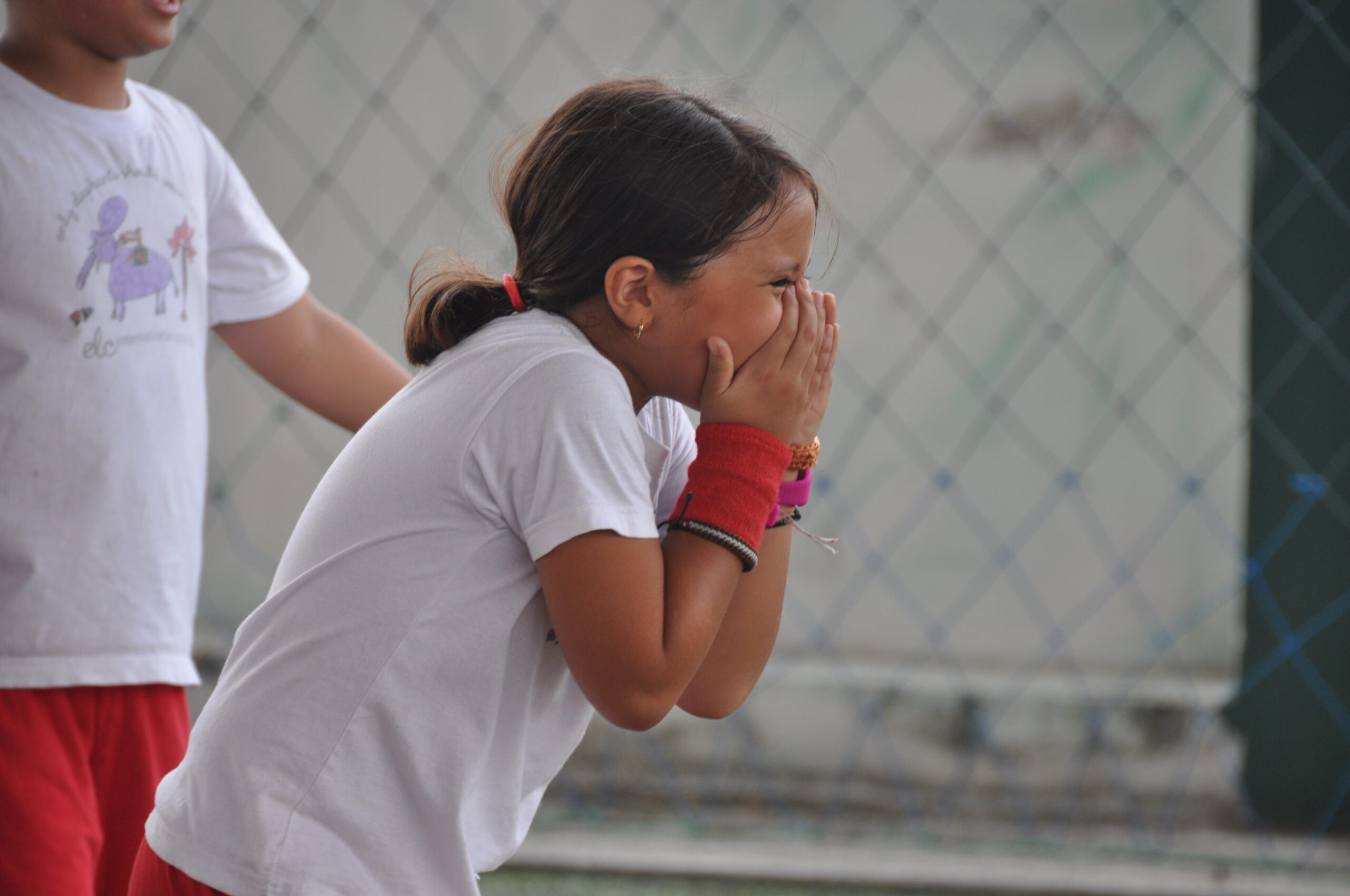
Competition | Team play | Game Strategy | Techniques
The Y3 program continues to refine the form and technique of the children’s fundamental movement skills with the expectation that movements are quick, controlled and safe when they are performed. Children continue to develop their hand-eye coordination by practising their throwing and catching skills with the incorporation of still and moving targets at varied distances. This leads to lessons relating to offensive and defensive positioning and strategy. Specifically, the idea of open space and how to effectively use it, or take it away, during gameplay. With friendly competition and team play becoming more prevalent in the Year 3 program, the children spend time discussing and demonstrating proper sportsmanship, quality teamsmanship, and how to effectively use communication while planning team strategy.
PROJECT OF YEAR 3
In Year 3, the overarching project topic is ‘Nature and Technology’. Investigating and discovering the history, evolution and impact of human civilization in the natural and technological worlds allows the children to develop and understanding of values, such as tolerance, respect, empathy and to internalize them.
Many scientists and philosophers share their perspectives on the relationship between nature and technology. The technologist Kevin Kelly believes that technology is “a force of nature”, evolving along the same principles as any living species. Perhaps he’s right, or perhaps nature, as some biomimicry experts believe, is a sort of mysterious technology. Technology and nature offer a pertinent context for intertwining imagination and rationality whilst exploring many interwoven and interactive concepts: scientific, environmental, economic and social.
Technology is inherent in our life. We create technology and in turn technology transforms life and living. The complex and multidimensional nature of technology, as it continues to evolve, is apparent in our day-to-day lives.
Our class atelier is a space where the barriers between art and science are broken; the native speakers of the digital languages play and work, design and communicate. Using a variety of materials, both analog and technological, children play a part in the design process, considering planning alternatives; measuring, drawing and model-making, constructing and building.
